Signs to Part Ways With the Old Water Heater
Breaking up is never easy––especially when breaking up with the water heater. That’s why some homeowners keep their water heaters around long after they should. However, homeowners could experience a complete breakdown, higher-than-average water bills, cold showers, and many other inconveniences when that happens.
Instead, homeowners should learn warning signs that indicate it’s time for a water heater replacement or repair so they don’t have to get stuck without hot water. Some signs include:
Corrosion
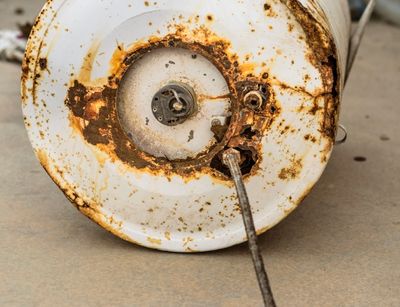 Many plumbers recommend a total replacement if a water heater has corrosion on its tank. Homeowners can find corrosion visually or by a common sign of corrosion in the hot water tank: discolored water. Some reasons why a water heater may have corrosion include:
Many plumbers recommend a total replacement if a water heater has corrosion on its tank. Homeowners can find corrosion visually or by a common sign of corrosion in the hot water tank: discolored water. Some reasons why a water heater may have corrosion include:
- Sediment build-up: Sentiment build-up inside the water heater can cause rust and corrosion. Sediment and minerals build up in the water heater but get flushed out during routine water heater maintenance.
- Lack of maintenance: Homeowners should routinely consult professionals for water heater maintenance. During maintenance, plumbers will flush the tank and replace the anode rod as needed. When these vital maintenance tasks are ignored, sediment and minerals will build up and cause corrosion.
- Chronic leaks: Water is supposed to be housed inside the water heater––not outside of it. When a water heater leaks, it can lead to corrosion, rust, and other issues.
If the corrosion on a water heater tank is minor, a professional may remove it using a chemical solution or employ specialized equipment, like a rust vacuum, to remove it. However, once too much corrosion has occurred, a replacement is a must.
Hot Water Runs Out Quicker Than it Used To
Some ask, “how long does it take for a water heater to run out of hot water?” It depends on the tank size—however, one thing is for sure. The hot water should last long enough for a shower. If the hot water only lasts a few minutes or runs out quicker than it used to, this indicates that a water heater needs replacement or repair.
The water heater can be running out of hot water for several reasons. The heating element or another internal component may be faulty and need replacing. Or the water heater may just be too old. Water heaters generally last 10 to 15 years, but appliances naturally decrease in efficiency over time, affecting the water heater's performance. Sediment buildup also causes a decrease in efficiency that affects the unit's performance.
Higher Energy Bills
Unusually high energy bills often indicate a loss of efficiency in the water heater. This could mean it's time to consider replacing the unit, as inefficient water heating costs homeowners more money. With an inefficient water heater, homeowners are essentially throwing cash down the drain.
If homeowners notice any of these signs, they should contact a technician to inspect the unit as soon as possible. Doing so can help prevent further damage and ensure the home runs efficiently. A professional can also advise homeowners on choosing a new water heater that meets their needs and fits their budget. Replacing an old or inefficient water heater can save money in the long run and keep the home running smoothly.
About G.F. Bowman, Inc.
G.F. Bowman, Inc. has more than 55 years of experience serving the Harrisburg, PA, community and the surrounding areas. They offer upfront pricing, on-time arrivals, and financing. Call them today for water heater maintenance, repair, and replacement services in Harrisburg, PA.



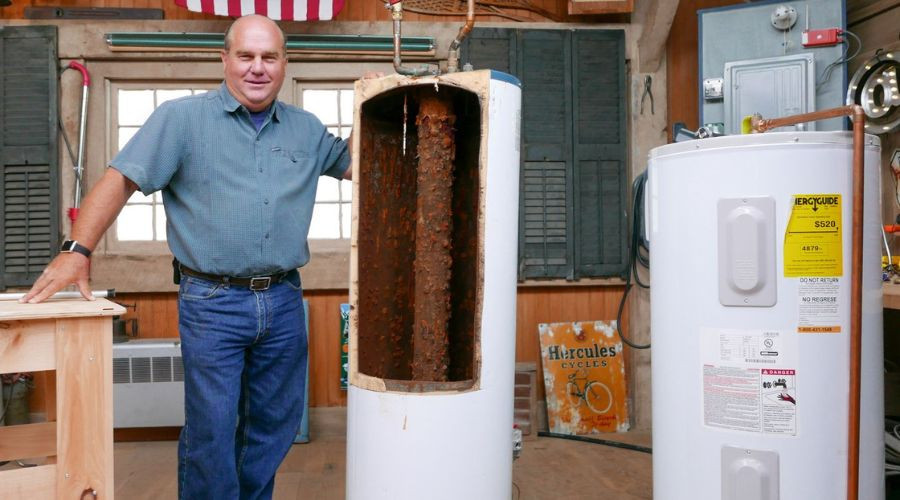
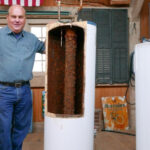
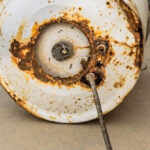
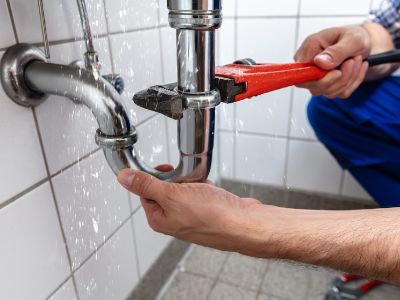 One of the most insidious low water pressure causes is a pipe leak. Since the water in a home’s supply lines is constantly under pressure for rapid delivery to fixtures, some pressure will escape through any opening it can get. This means there will be less pressure (and less water) when it reaches the fixtures. A slow leak due to
One of the most insidious low water pressure causes is a pipe leak. Since the water in a home’s supply lines is constantly under pressure for rapid delivery to fixtures, some pressure will escape through any opening it can get. This means there will be less pressure (and less water) when it reaches the fixtures. A slow leak due to 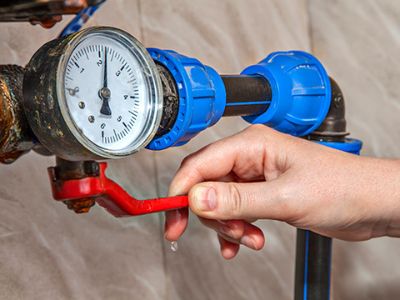 In some cases, low water pressure throughout the home may simply result from a valve being fully or partially closed. This often occurs after a repair technician or utility company representative shuts off the home's water. Two common culprits are the water meter valve (located in or near the water meter box) and the home’s
In some cases, low water pressure throughout the home may simply result from a valve being fully or partially closed. This often occurs after a repair technician or utility company representative shuts off the home's water. Two common culprits are the water meter valve (located in or near the water meter box) and the home’s 




 Sore and itchy throat.
Sore and itchy throat.



 1..
1..
 2..
2..
 3..
3..
 4..
4..
 5..
5..
 6..
6..